Respectful Online Behavior
Responsible information use is a crucial component of digital literacy. It entails knowing where to look for, assessing, and making moral use of knowledge in the digital era. Below are important points, along with an example and explanation:
1. Source Assessment: It’s critical to evaluate the authority and dependability of the source while utilizing information. Relying on information from unreliable or skewed sources should be done with caution.
Example: To ensure accuracy, cross-reference material from several trustworthy sources and assess the news outlet’s reputation before posting an article on social media.
2. Steer clear of plagiarism: plagiarism is the act of passing off someone else’s words or ideas as your own without giving due credit. Understanding the significance of acknowledging the original creators is a prerequisite for digital literacy. Example: When writing an academic paper, make sure to properly credit your sources by including a bibliography or works cited page in addition to utilizing quotation marks for direct quotes.

3. Being Aware of Copyright: Comprehend and abide by copyright rules to uphold intellectual property rights. Recognize the permissions needed before using or distributing someone else’s digital content.
For instance, make sure any photos or music you include in a presentation are either in the public domain, licensed for your use, or adhere to fair use laws. If required, provide due credit.
4. Applying Critical Thinking: Clarification Gain the ability to critically think so that you can examine and evaluate information. When you come across digital content, be on the lookout for any potential biases, misinformation, or propaganda. Example: Before taking information from an internet article as true, take the author’s viewpoint into account, look for supporting details, and doubt the validity of the sources mentioned.
5. Observing Personal Space:
Justification When utilizing or exchanging information on the internet, keep privacy concerns in mind. Prior to disclosing personal information, get consent in order to respect people’s rights. Example: To make sure you are honoring someone’s privacy and consent, get their permission before sharing any pictures or sensitive information about them on social media.
6. Awareness of Digital Footprint: Recognize that everything you do online leaves a digital trail. Share only information that you are comfortable sharing because it can have long-term effects. Example: Be cautious before sharing ideas, photographs, or personal information online, as these things add to your digital footprint and can damage your reputation.
People can properly traverse the digital world, contribute to a trustworthy online environment, and steer clear of potential dangers linked to disinformation and ethical lapses by adopting these concepts into their digital literacy practices.
